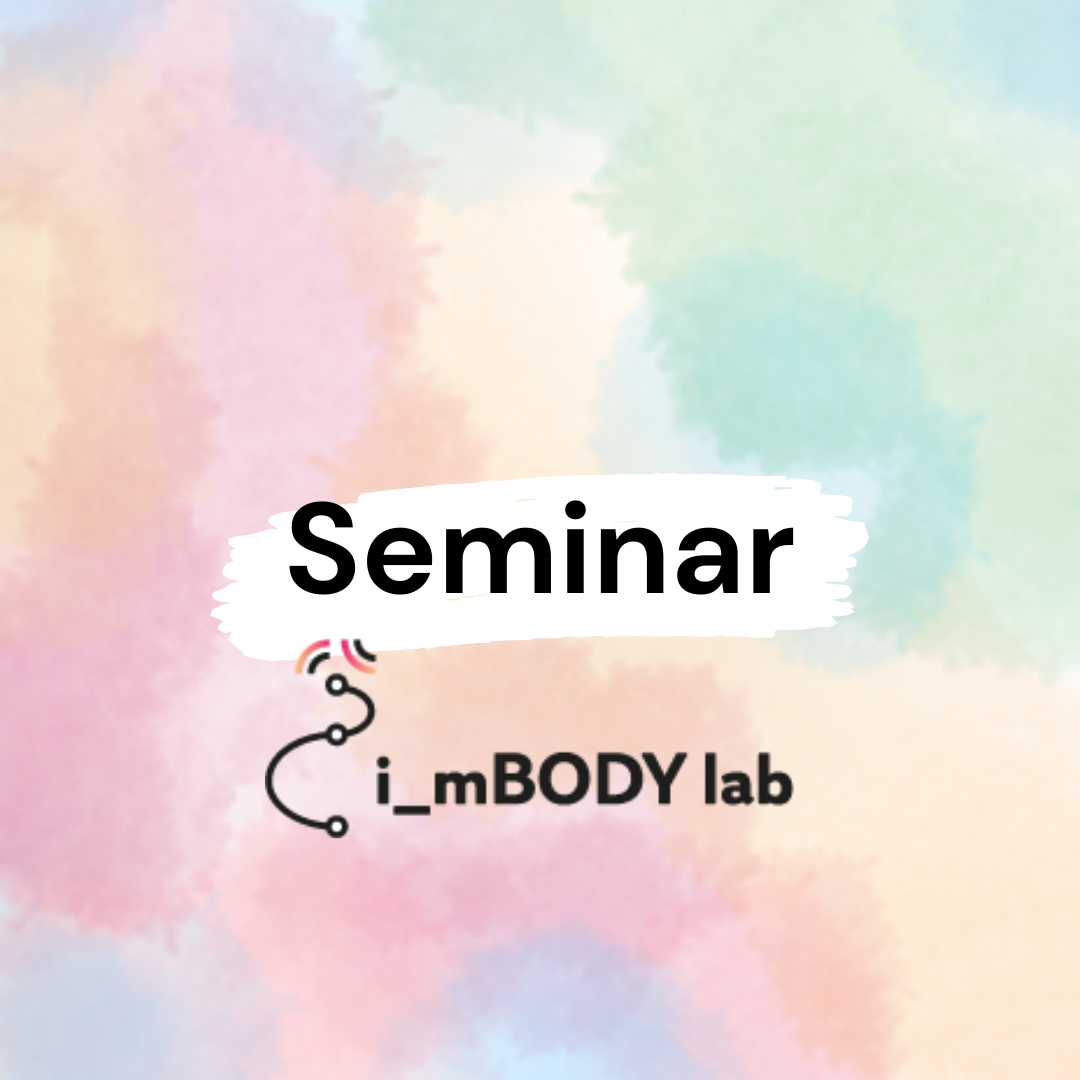Date: 30th November 2022
Speaker: Angelia Caparco, Co-Embodied Self (CEL) Lab of the Center for Philosophy of Science, University of Lisbon, Portugal
Abstract: In ordinary daily life, subjective experience is characterised by a cohesive sense of self, i.e. the subjective first-personal ‘I’ or ‘self’, bound to the body and distinct from the world and others, and a sense of presence, i.e. the feeling of being immersed in a real-world here and now. In this talk, I will highlight how these fundamental aspects of conscious experience emerge and develop, and how they can be altered in depersonalisation (DP) episodes. DP is characterized by a disturbing change in the quality of subjective conscious experience, which induces alienating feelings of detachment from one’s self, body and the world. These profound alterations of self-awareness impair people’s ability to feel fully present in their lives and to relate to others, causing significant distress and social isolation. Feeling in touch with one’s self and the world may crucially depend on dynamic engagement and reciprocal interactions with our physical and social surroundings. I will conclude by illustrating our interdisciplinary project which will use the ‘Magic Shoes’ device to explore the multisensory modulation of the sense of self and presence through bodily movements and action observation. Making people more aware of their own and others’ bodily movements may counterbalance their feeling of being ‘trapped’ in their heads and increase the feelings of connection with one’s body, the world, and others.
Bio: Angelia is a Research Assistant at the Co-Embodied Self (CEL) Lab of the Center for Philosophy of Science, University of Lisbon, Portugal. She has a background in Psychology and completed her Master’s in Neuroscience at the University of Padua (Italy) with a thesis on psychophysiological reactivity to cognitive and psychosocial stressors. Successively, she joined the Cognitive Psychology Unit of Leiden Univesity (the Netherlands), where she was involved in different projects investigating the effects of cognitive control policies on social and creative cognition, interoceptive processing, and emotional mimicry. In her current work at the CELlab, she combines theories of embodied cognition and psychophysiological methods to explore how our sense of self and presence is shaped through multisensory bodily signals and social interactions.

